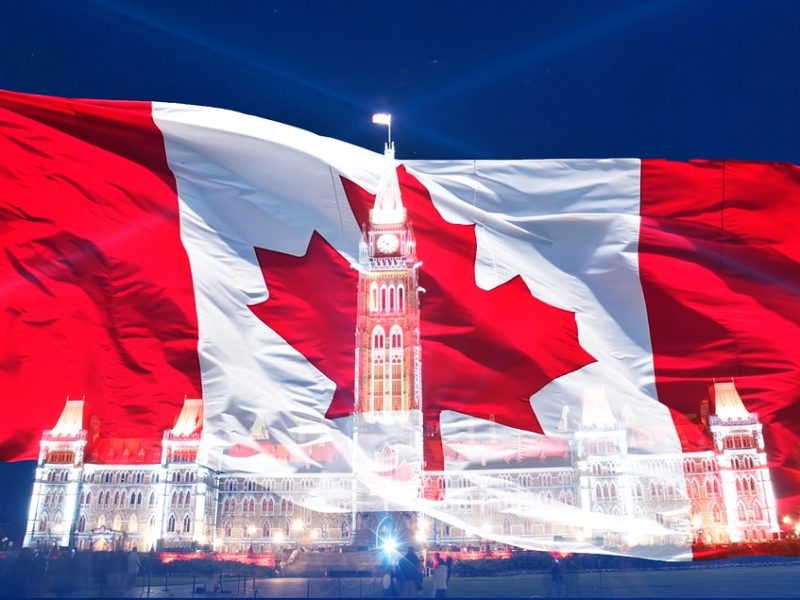


OTTAWA – After months of delays and work pileups, the Canadian government has announced a new strategy to reduce the wait time for the millions attempting to move to Canada; slowly reduce the quality of life in the nation until would-be newcomers change their mind.
“We can’t stand to see people watch as their dreams for a better life in Canada seem to never get closer,” said Minister of Immigration, Refugees and Citizenship Sean Frasier. “So we are working with several other Canadian organizations to accelerate as many applicants as possible to the final stage of the newcomer’s journey to Canada: deciding that America is better.”
“I mean, we could do something to help the 2.7 million people who are stuck in the system, or we could make the whole country smell like our macrocosm, New Brunswick.”
With surprising efficiency, Frasier and the rest of the IRCC have already outlined a comprehensive strategy to encourage migrants to consider looking elsewhere. “We’ll start out by decreasing the quality of our telecommunication networks, inflating the housing bubbles in major cities, and leaking more of Drake’s texts on the internet. You know, work with what’s already starting.”
“After that, we move onto phase two, where will up our game by turning the Great Lakes into lava pools, giving more rights to bears who wander into town, and introducing our new tissue-printed currency.”
“Honestly, this saves me a whole lot of time,” said former visa applicant Harpreet Singh. “I wanted to come to Canada to hopefully get a better education than I could at home, but now that I hear they’re bringing back Tim Horton’s breakfast cereal, I don’t think it’s worth it.”
“I’ll have to change some plans, but at least now I can use the 18 months it would’ve taken to become a Canadian resident on something more time efficient, like tuning up my dad’s car, developing superpowers, or starting my own country!”
Despite the natural progress already being made on this plan, the government faces some challenges in convincing potential migrants that life in Canada is not worth the wait. “When you’re between the UK, the US, and Russia, it’s hard to look like the worst option,” Fraiser said in a recent press release. “We really can’t compete with those guys. I mean, we won’t ban abortion and back out of beneficial trade agreements, but we can make even fewer shows set in Canada.”
In cooperation with this new federal strategy, the province of Ontario has changed its slogan from “Yours’ to discover” to “Really? Michigan is right there.”


